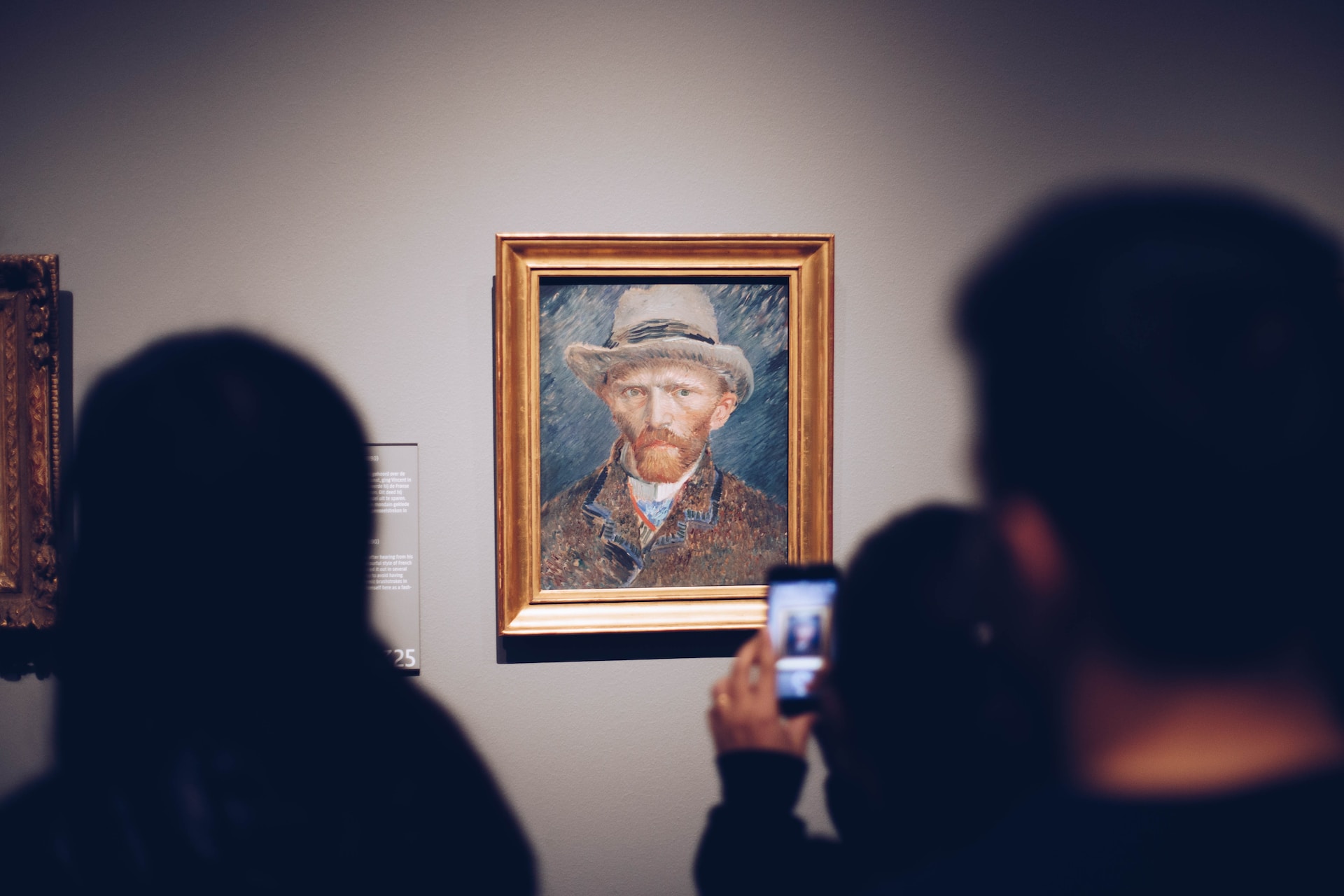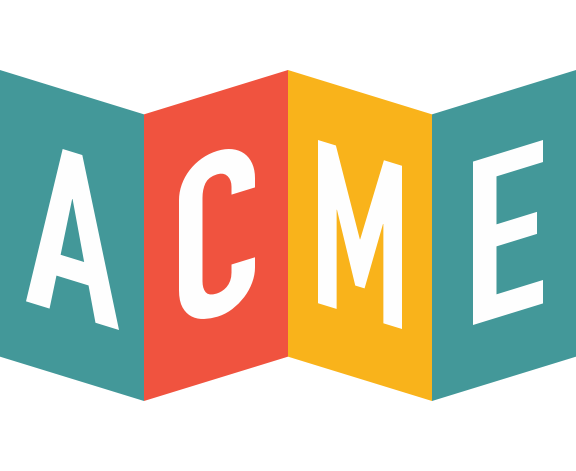
DEAI and Museum Interpretations
Museums play a crucial role in educating, fostering community, and promoting cultural diversity. Exhibits and experiences should cater to everyone’s needs, ensuring universal access while striving for innovative programs that enhance learning opportunities. Undoubtedly, museums should always encompass diversity, equity, accessibility, and inclusion. Your museum interpretations should be thoughtful in this respect, bringing meaning and importance to the things you bring to your community. We’re going to go over what DEAI means and how it goes hand-in-hand with your museum interpretations.
What is DEAI and How Does It Impact a Museum’s Focus
DEAI stands for “diversity, equity, accessibility, and inclusion”. For-profit businesses typically have DEAI programs to ensure they avoid discrimination lawsuits, and while nonprofits can benefit in a similar way, DEAI serves as a way to help nonprofit organizations truly help the communities they strive to help. Interpretation ambassadors, DEAI coordinators, and similar job titles exist to help nonprofits pick away at what they offer to their target audiences to improve their DEAI. Let’s take a look at what DEAI means in the context of a museum, many of them will tie into the other:
- Museums and Diversity
Diversity means you have a group of people from various socioeconomic and educational backgrounds as well as people of different races, gender identities, sexualities, ages, and people who have disabilities. Diversity is important for both your staff and your patrons. Museums have an essential role in educating people from different backgrounds and serving a diverse group of communities. Acting as educational hubs, museums should showcase diverse traditions, art, and stories, fostering understanding and appreciation among your patrons. However, despite their good intentions, museums have historically failed to achieve true diversity. Many museums have primarily highlighted the perspectives and narratives of dominant cultures, sidelining and overlooking the voices of marginalized communities. This lack of representation has perpetuated inequities, reinforcing stereotypes and biases. Luckily, there’s a growing movement within the nonprofit sector to change the lack of diversity and representation. Museums are actively working to amplify marginalized voices, partner with diverse communities, and embrace inclusive practices. By creating inclusive exhibitions, recruiting diverse staff, and collaborating with communities, museums can create equitable spaces where every visitor feels seen, heard, and valued. Acknowledging past limitations and actively working towards a more inclusive future can help museums confidently evolve into platforms that bring communities together instead of furthering the divide.
- Museums and Equity
Equity is not to be confused with equality. Equality is the idea of treating people the same in every respect, while equity recognizes that people have varying degrees of difference. Instead of treating everyone the same, through equity, you treat people with the lens that everyone has different needs and attempt to accommodate people that way. The lack of equity museums have seen in the past could be partially because of a lack of inclusivity. The perspectives of many are important to identify the needs of everyone, and inclusion breeds equity that way. If a museum doesn’t have an inclusive decision-making process, it’s bound to have a lack of equity as well. Having a group of people with various backgrounds come together to make choices for the museum will almost always bring up immediate issues that should be addressed to help museum-goers get the most out of their experiences. When it arises that your target audiences are having trouble accessing your museum, it’s likely due to a lack of equity.
- Museums and Accessibility
Accessibility is the process of creating an environment that is physically, educationally, and economically available to as many people as possible. The information you provide at a museum shouldn’t make your patrons feel like they have to have a degree to understand your content or be wealthy to access it. All your facilities should be safe to use for people of various types of disability, whether it’s wheelchair users, the hard of hearing or blind, or people with sensory processing disorders. Your staff should also feel properly accommodated for their needs, which includes avoiding overworking them and appropriately paying them to be able to survive and continue working for you.
- Museums and Inclusion
Inclusion is the graduation of diversity. Inclusion ensures that your diverse audiences and staff don’t simply exist, but feel comfortable being themselves and taking up space. In order to assert this, having permanent and rotating exhibits that feature broader audiences can help a diverse audience feel more included. The act of inclusion leads to more equity and helps with the flow of diversity and accessibility. Each part of DEAI ties into one another in this regard.
Why Museum Interpretations and Education Efforts Matter So Much
If you’re not incorporating interpretations and education efforts into your museum, you’re likely missing out on big opportunities to bring your resources to your audiences. Not only that, you’re setting yourself up to fail. Museums exist to help enrich communities and bridge the gap between academia and the everyday person. Since there are millions of people in the United States who struggle with literacy and can’t access higher education, it’s a museum’s duty to try and help feed the human mind as best as it can.
How Acme Can Help Spread the Word About New Museum Interpretations
Acme’s membership services integrate marketing tools into your museum as a method of teaching you more about your members. You can launch better advertising campaigns that help target the audiences you want to reach the most. Since Acme is incredibly flexible and easy to use, it’s a piece of cake for your staff too. If you’re interested in seeing how Acme can help improve your museum’s membership management, ticket sales, and marketing through easy-to-use software, contact us today to schedule a demo or check out some of our testimonials.

